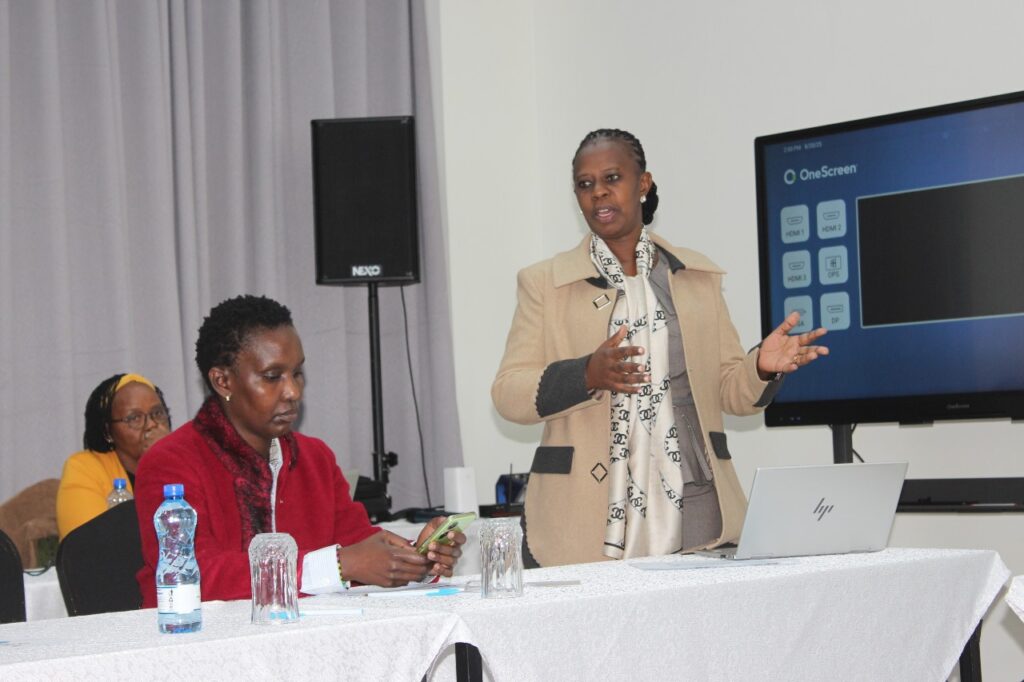Parents in Murang’a have been urged to prioritise full immunisation of their children to safeguard them from preventable diseases and promote proper growth and development. Health officials have raised concern that a number of children are yet to be covered under the national immunisation programme, leaving them vulnerable to illness, disability, or even death.
Statistics from 2024 show that about 80.75 per cent of children in Murang’a were fully immunised, with coverage varying significantly across subcounties. Gatanga led with 91.95 per cent, followed by Kiharu at 89.48 per cent and Kandara at 87.51 per cent. Other regions recorded lower figures, with Mathioya having the least at 63.36 per cent.
Among the vaccines highlighted is the Pentavalent jab, which is administered in three doses at six, 10, and 14 weeks. It protects children against diphtheria, pertussis, tetanus, hepatitis, and influenza. In 2024, about 81.22 per cent of children received this vaccine. Similarly, about 76 per cent received the two doses of measles rubella vaccine administered at nine and 18 months.
During a nationwide vaccination drive held in July 2025, coverage rose to 90 per cent for the typhoid vaccine, while measles rubella reached 76 per cent. Despite these efforts, health experts continue to emphasise the need for consistent and complete coverage to achieve herd immunity and protect future generations.
Parents were reassured that vaccines are safe, do not overload or weaken the immune system, and can be administered together without adverse effects. While mild side effects such as soreness or slight fever may occur, these usually last only a few days. Vaccination also reduces antimicrobial resistance by preventing infections that would otherwise require antibiotic treatment.
Concerns were also raised over the declining uptake of the Human Papilloma Virus (HPV) vaccine among girls aged 10 to 14 years. In 2024, only 18.72 per cent received the first dose and 27.43 per cent the second, a steep drop compared to 2023 figures of 53 per cent and 37.31 per cent respectively. Officials stressed that HPV vaccination is key in preventing cervical cancer and other related complications.
The National Vaccines and Immunization Programme currently offers protection against more than 14 childhood diseases of public health concern, as well as specialised vaccines for yellow fever, malaria, rabies, typhoid, and influenza. Parents were urged to take advantage of these free services to ensure healthier and stronger future generations.

